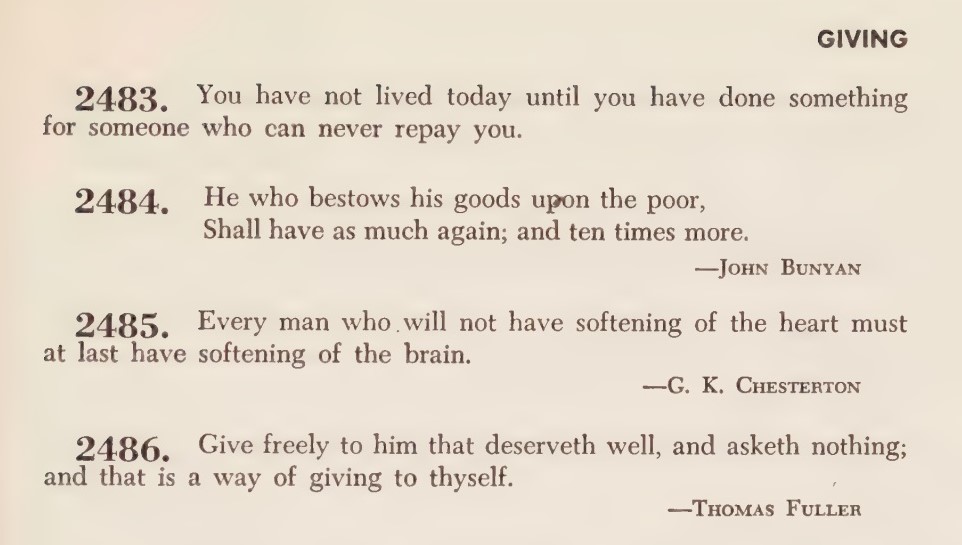Alexander Martin Sullivan? Marshall Hall? Henry Harte Barry? John Chute Neligan?

Question for Quote Investigator: A popular anecdote in legal circles concerns a lawyer who was representing a client from a rural area. The judge condescendingly asked the lawyer whether the client was familiar with a legal doctrine which was identified via a pompous Latin phrase such as “Sic utere tuo ut alienum non laedas” or “Res ipsa loquitur”.
The lawyer punctured the pretension by replying, “My Lord, in the bogs of western Ireland where my client comes from, when friends are gathered together for a drink on Saturday night, they talk of nothing else.”
There are many versions of this tale. The Latin phrase, the rural location, and the sardonic reply vary. Yet, the overall template is the same. Would you please explore the provenance of this anecdote?
Reply from Quote Investigator: This tale is difficult to trace because of its variability. The earliest published match known to QI appeared in “The Yorkshire Post” of England in April 1949. The lawyer was Alexander Martin Sullivan of Ireland who held the rank of Serjeant-at-Law. The judge was unidentified. Boldface added to excerpts by QI:1
The Serjeant’s client, a poor illiterate Irish peasant, was claiming damages for personal injury. The Judge took the view that there were legal objections.
“Mr. Serjeant,” he protested, “has your client never heard of the maxim, volenti non fit injuria? (an injury is not done to a person who consents).
The Serjeant fixed the Judge with a steely eye.
“My Lord,” he retorted in his rich brogue, “in the village of Ballymena, from which my client comes, it is almost the sole topic of conversation.”
Interestingly, Sullivan published a memoir in 1952 within which he told a different version of this anecdote. He also disclaimed credit for the punchline. See further below.
Here are additional selected citations in chronological order.
Continue reading “Anecdote Origin: In the Wild Hill Countries from Whence My Client Comes They Talk of Little Else”








